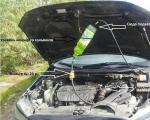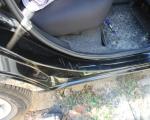What to do if valves or hydraulic lifters knock on the VAZ 2112 16 valves?
Few drivers know what to do if valves or hydraulic lifters on the VAZ 2112 16 valves knock. This is a fairly common situation. But, most people do not know the causes of such phenomena and are afraid of them. In fact, this may turn out to be quite common and should not cause concern. Depending on the features of the knock, we can conclude about its nature and the danger to the engine. Some types of knocking are quite harmless. You can ride with them, but this problem can pull others along with it. Therefore, it is still better to eliminate the cause immediately. Moreover, in most cases it does not require special costs.
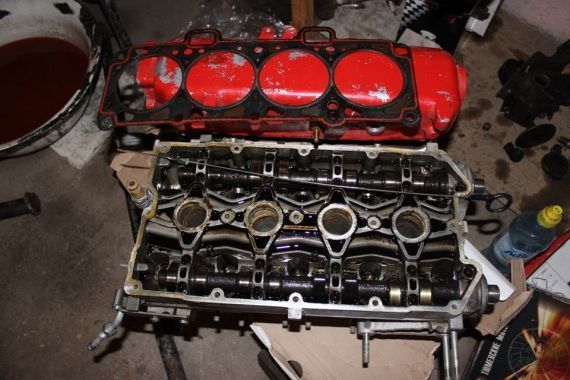
Structure
What to do if valves or hydraulic lifters knock on the VAZ 2112 16 valves? Before answering this question, it is necessary to understand the structure of the hydraulic compensator, which mechanics often abbreviate to “hydric”. It is from the features of its structure that the cause of some knocks follows.
The hydraulic compensator itself consists of a cylindrical piston, which, at the bottom, receives force from the camshaft pusher. Inside it is a plunger. With its help, force is transmitted from the camshaft to the valve stem. On its seat, the plunger moves quite freely. This is necessary to ensure a thermal gap. When the engine is running, the camshaft cam pushes the piston, which opens the valve through the plunger. Adjustment of the thermal gap occurs with the help of oil supplied to the head under pressure. Accordingly, the adjustment occurs by changing the pressure. To avoid leakage of oil from the hydraulics during parking, a ball valve is used.
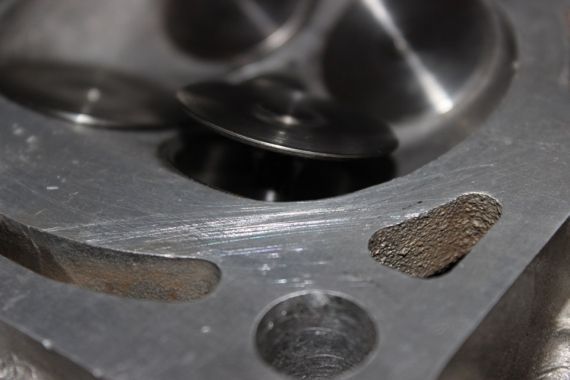
Types of knocks
We figured out the structure, now we will consider the causes of knocks and their varieties. After all, it can knock in different ways and some of the sounds are quite harmless:
- The noise appears on startup but goes away almost immediately. This is an ordinary phenomenon characteristic of "hydrics". It arises, due to the remaining open ball valves, the oil gradually flows out of them. During the operation of the engine, the amount of oil is restored. Actually, you don't need to do anything here. This is a normal technical process;
- The knocking is heard constantly, but disappears with increasing speed. Such a problem can occur if the ball valve malfunctions, as well as if the part is contaminated with low-quality oil;
- Knocking occurs only on a hot engine, in case of increased wear of the hydraulics. On a cold knock may not be;
- If the knock is heard only at high speeds, but not at low speeds, then the reason is in the oil. Check oil level and condition. In the case when the level is higher than usual, the crankshaft whips the oil during operation, and a kind of foam forms in it. It enters through the oil intake into the cylinder head and, accordingly, into the hydraulic compensator, the operation of which is disrupted. If the level of lubrication is too low, it simply does not reach the “hydrics”. In both cases, a knock will be heard.
What to do? The most common cause of knocking is lack of oil. Perhaps after adding a fresh portion of grease, your car will stop rattling. You can also identify a knocking "hydric" and clean it. If all this does not help, then the defective part should be replaced.
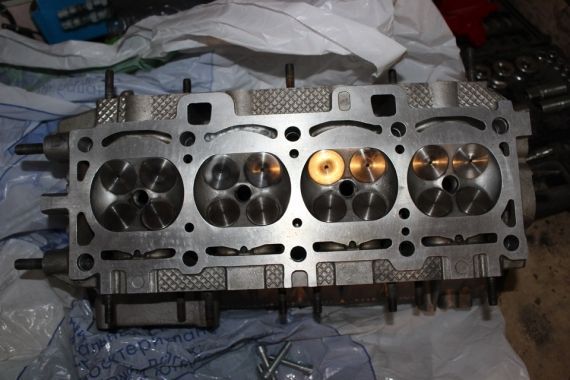
Checking hydraulic lifters
To identify the problematic part, you need to remove the valve cover. In this way, you will get access to the "hydrics". After that, the engine is driven by the crankshaft to a position where the cams do not act on the compensators. Next, a simple bar is pressed in turn on the hydraulic lifters. A serviceable piston should move down under great effort. If it does not move, then the cause is a jammed plunger. In case of problems with a lack of oil, the piston will go down almost without resistance. In the latter case, you can remove it and try to clean it.
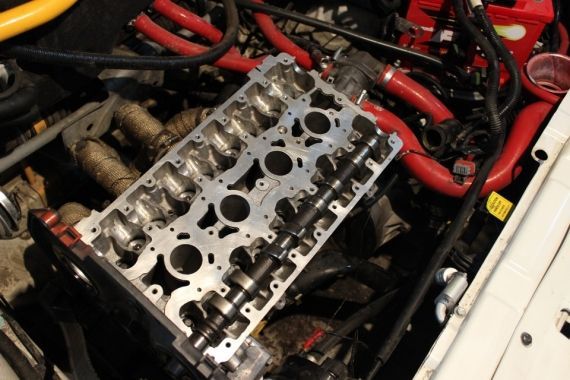
Replacement
Experienced motorists advise changing hydraulic lifters as a set. They wear about the same. Therefore, if one fails, the other will soon fail. To replace the hydraulics, you will have to remove the camshafts, as well as some other parts of the engine. In principle, the work is simple, and does not take much time. It should be done only on a completely cooled engine.
For greater reliability, you need to change the engine oil at the same time. When you first start the engine, do not be alarmed, you can still hear the same knock. It will end after half a minute, as soon as the required amount of oil is collected in the hydraulic compensator. When properly replaced, the motor will run quietly for a long time.
Conclusion. The engine on the "dvenashka" has a lot of advantages, it is quite resourceful, and at the same time not gluttonous. But, he has one drawback, the knock of valves. Therefore, novice drivers often ask what to do if valves or hydraulic lifters on the VAZ 2112 16 valves knock. Before answering this question, it is necessary to find out the exact reason for this phenomenon. After that, it can be removed.

